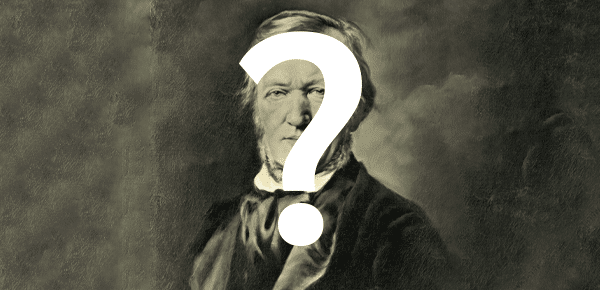
By Barney Zwartz
22 November 2021
Men want better methods, but God wants better men. So goes the old saying and it surely expresses a profound truth, if we take men to mean “people”.
In line with this principle, I recently wrote in the Sunday Age that we should judge our political leaders by their character even more than their policies. I observed that Paul told Timothy the requirements for church leaders, and these were not a bad model. Integrity is built across time and disappointment, but great humans possess it.
If this is clear to me in politics, in the arts it is much less so. For decades I have struggled with this question: should I take into account people’s character before admiring their work, or does the work stand independently on its own merits?
Mostly it is an irrelevant question because we don’t know the artist’s life in detail, or the frailties don’t emerge in the work. But sometimes we do know, and they do emerge.
This applies to painting, think Caravaggio or Picasso, sculpture, literature, all the arts, but I will discuss music as the arena I know best.
Most music lovers don’t know that the Renaissance composer Gesualdo murdered his wife and her noble lover after catching them in flagrante. Being an aristocrat himself, he got away unpunished. Nothing of that appears in his music.
The case is more mixed with the Russian composer Scriabin. A mystic, he believed the first performance of his masterwork, would end the world as we know it. Perhaps fortunately, he never finished it. He was also a serial predator of young women and girls, and a vain man who died of blood poisoning when a sore under his luxuriant moustache became infected.
A critic described Scriabin as “simmering in a warm nurturing bath of his megalomania”. Something of this apparent in some of his music, but I cannot deny his fascinating originality.
The classical locus for this debate is, of course, Richard Wagner, the 19th century German titan who so inspired Hitler. Wagner cannot be blamed for this, as he died 50 years before Hitler came to power, but his appropriation by the Nazis as the prime exemplar of Aryan art has tainted his memory.
Self-obsessed to the point of narcissism, and viciously anti-Semitic, Wagner was disloyal, ungrateful, a ruthless exploiter, a philanderer, polemical, pugnacious, a habitual liar and financially dishonest. He was also a sybarite who liked silk and satin underwear and luxuries paid for by others.
At one point he wrote: “I hold the Jewish race to be the born enemy of pure humanity and everything noble in it”.
Despite this, it is undeniable that Wagner was one of the most far-sighted, ambitious and original geniuses the west has seen, on a level with Shakespeare.
It is debated to what extent his contempt for Jews appears in his operas – was Alberich in The Ring or the unpleasant Beckmesser in The Mastersinger of Nuremberg a Jewish stereotype? But it is obvious in the last act of that opera in Hans Sachs’ paean of praise to holy German Art. Also problematic is Wagner’s concern for salvation, which usually comes at the hands of a woman rather than religion.
Of course, the obverse is even more important: how often the great composers have glorified God, almost uniting heaven and earth in admiration.
Think of Handel’s Messiah, or Bach’s Mass in B minor. Composers from Vivaldi, a priest, to Stravinsky, a devout Orthodox Christian, have been motivated by love of God. Bach wrote SDG on every manuscript, meaning soli Deo Gloria, or Glory to God alone.
Most people may find my dilemma an idle and irrelevant question – how could they enjoy many actors or modern music stars if they shared my qualms? I accept that, but that it nags at me sometimes. Would Paul consider Wagner’s operas edifying? I never ask that question of Mozart, even though Cosi fan tutte, with its swapped lovers, is not particularly moral.
I believe it is to do with the way Wagner’s personality enters his music. Magnificent? Absolutely. Sheer genius? Undoubtedly. Often rousingly bombastic, but also tender and lovely? Quite true. And yet…
My conclusion (for now) was expressed best in a music Internet forum I inhabit:
Here is one of the endless paradoxes in life: Wagner, one of the glories of Western culture and one of the base anti-Semites glorified by the world’s worst despot. Ah, the mysteries of human existence. So we do what we must – live with it.
Barney Zwartz is media adviser to Archbishop Philip Freier and a senior fellow of the Centre for Public Christianity.







